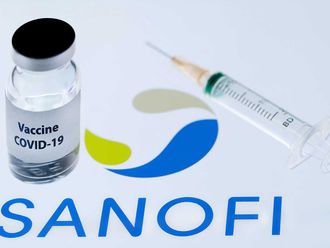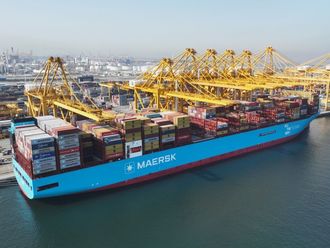Dubai: With oil languishing below $40 (Dh147) a barrel and bank liquidity drying up, Gulf borrowers are poised to venture away from the relative privacy of loan deals and into the bond market.
Governments in the six-nation Gulf Cooperation Council (GCC) will be pushed to sell about $35 billion of bonds this year to bridge budget deficits, according to estimates from Emirates NBD PJSC, Dubai’s biggest bank. Last year, sovereigns accounted for about 10 per cent of the $26 billion raised through bond sales, according to data compiled by Bloomberg.
While debt sales fell to the lowest since 2008, syndicated loans rose to an eight-year high of $78 billion because GCC borrowers typically prefer the market’s flexibility and lower costs over bonds.
“We expect total volumes of borrowing, both bonds and loans, to increase significantly in 2016 as commodity prices remain low,” Richad Soundardjee, the Dubai-based chief executive officer for the Middle East for Societe Generale SA, said by email. “The proportion of bonds in the total financing pool will be greater than last year as the loans market might not have the same capacity and depth” as a year ago, he said.
Brent crude, the benchmark for half the world’s oil, was trading 1.1 per cent lower at $33.69 a barrel at 1.47pm in Dubai on Monday. It sank to the lowest level since 2003 last month.












